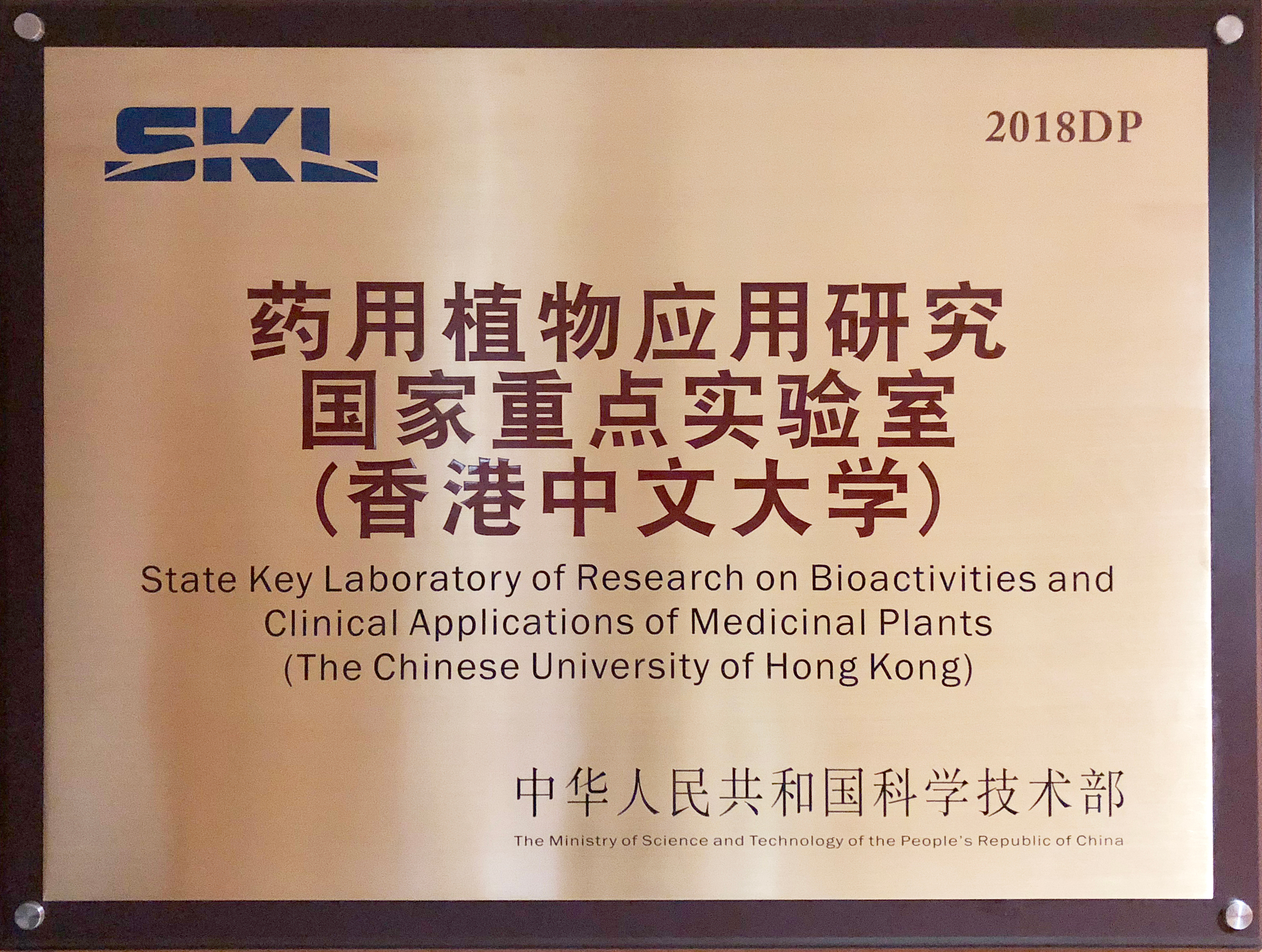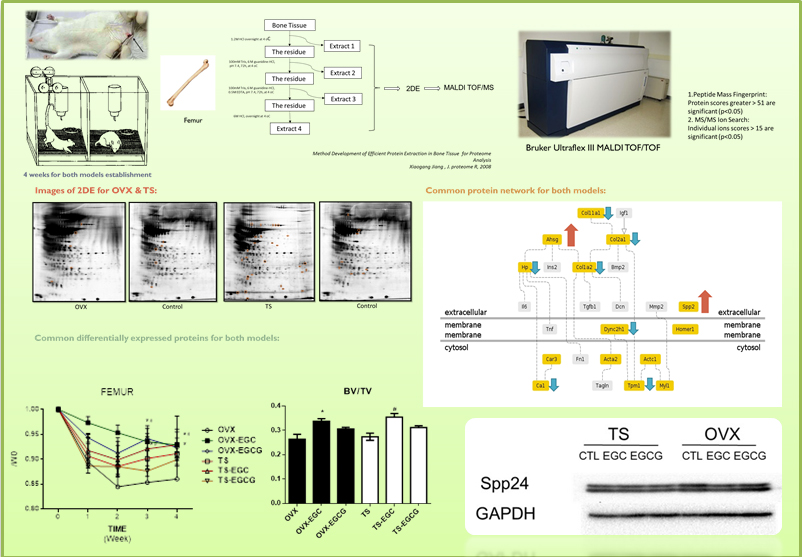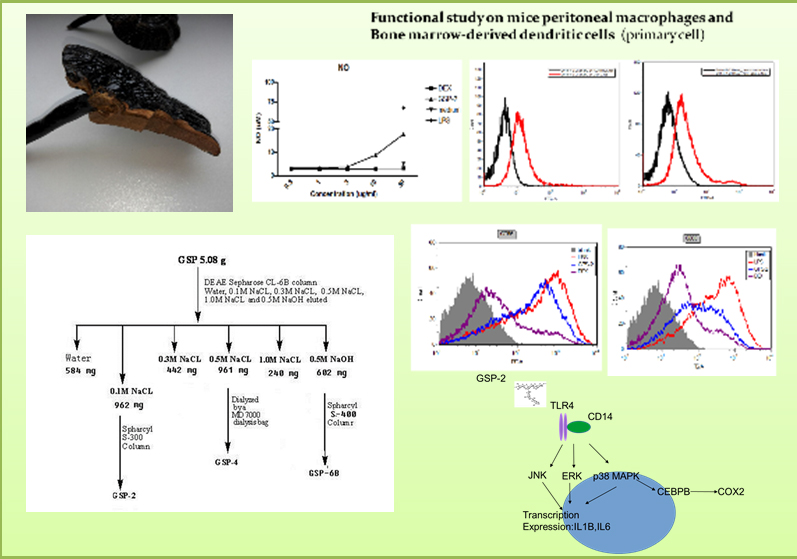Distinguished Projects in China

Since 2007, a long-term partnership has been created between Kumning Institute of Botany, Chinese Academy of Science (KIB,CAS) and Institute of Chinese Medicine, The Chinese University of Hong Kong (ICM,CUHK). The two Institutes signed an agreement to establish a Joint laboratory on Phytochemistry of Medicinal Plants and Plant Resources in 2007, and submitted the joint application for establishing the Joint State Key Laboratory in the End of 2007. In mid 2009, the “State Key Laboratory of Phytochemistry and Plant Resources in West China (CUHK)” was approved by the Ministry of Science & Technology to be established. In preparation for this important initiative, collaborations between KIB and ICM, including exchange visits, workshops, scholar and student exchanges as well as the joint research projects etc, have been started. Since 20 September 2018 (2018 - 2025), the Ministry of Science and Technology (MOST) has approved the change of name to State Key Laboratory of Research on Bioactivities and Clinical Applications of Medicinal Plants (The Chinese University of Hong Kong).
The National Natural Science Foundation of China (NSFC)

Proteomic analysis of the osteoprotective effects of EGCG and EGC against bone loss in rats
There are still many unknown systemic factors which contribute to the pathogenesis of osteoporosis and its treatment. We sought to examine and compare the bone proteome of ovariectomized (OVX)/tail-suspension (TS) rats with normal rats. We found that Spp24 and fetuin-A appeared to be the most significant variations of proteins in osteopenic conditions induced by ovariectomy and tail-suspension. Our previous study demonstrated that tea can protect the bone. This further study confirmed tea polyphenol epigallocatechin (EGC) was a good bone protective agent thru downregulating the expression of Spp24.

Mechanism study on the immunomodulating activities induced by the interaction between Toll like receptor and a novel polysaccharide from Ganoderma sinense
Ganoderma sinense (GS) is a Chinese unique medicinal fungus has being used in the traditional Chinese medicine for a long history. A water-soluble protein-bound glucan GSP-2 was isolated and found to be immunomodulatory. The present study aimed to investigate how GSP-2 triggered the immunologic response and relevant downstream signaling pathway. Our results demonstrated that GSP-2 activated TLR4 overexpression cell line. GSP-2 could upregulate the TLR4 protein expression, at the same time the PCR array results suggested GSP-2 can stimulate the TLR4 downstream signaling pathway, and then induce the cytokine, as TNFα, IL1β and IL6, production in RAW264.7 macrophage.
Investigation of CARTC extract improving the skeletal, cardiac and immunological functions during space-flight

In collaboration with China Astronaut Research and Training Centre (CARTC), we investigated the effectiveness of TCM formula on muscoluskeletal system, immune function and cardio pulmonary function of astronauts. In parallel to clinical bed-rest investigation, we employed a hindlimb unloaded (tail-suspension) rat model to mimic the weightlessness condition on hindlimb. We found that taikong yangxin prescription (TKYXP) protect the bone under weightless influence from gradual structural deterioration. TKYXP also could boost up the immune system and improve the cardiac functions.